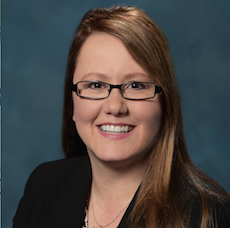
If you had a terminal illness and your physician could tell you how long you have to live, would you want to know?
Regardless of the way you answer that question, ongoing research reminds us that not everyone will feel the same way.
“In the United States, we believe individuals have a right to know the absolute truth of their diagnosis and prognosis, but people from other cultures may have different communication styles and preferences,” says Isabel Torres, Ph.D., M.P.H., an associate professor in the University of Houston’s Graduate College of Social Work. “Some cultures prefer to protect their loved one from the distress of a terminal diagnosis.”
Torres’ previous research in Latin America suggests that, increasingly, people want to know their diagnoses and prognoses, yet she says that other research indicates that many Latinos in Houston who have advanced cancer would not want their physicians to tell them how long they have to live.
And now, with funding from the National Institutes of Health/National Institute of Nursing Research, Torres is seeking further clarification by surveying 100 older Latinos with stage three or four locally advanced, recurrent or metastatic cancer, and their caregivers, about receiving news on the diagnosis or prognosis. The study also will include people from other cultural backgrounds.
Torres hopes the knowledge will help healthcare professionals improve the quality of their care delivery and outcomes for individuals who subsequently may use palliative care services. Her comments are another reminder of the importance of keeping people’s backgrounds — and their individual preferences — in mind when delivering any type or healthcare or interacting with them in other ways.
Lois A. Bowers is senior editor of McKnight’s Senior Living. Contact her at [email protected]. Follow her on Twitter @Lois_Bowers.



